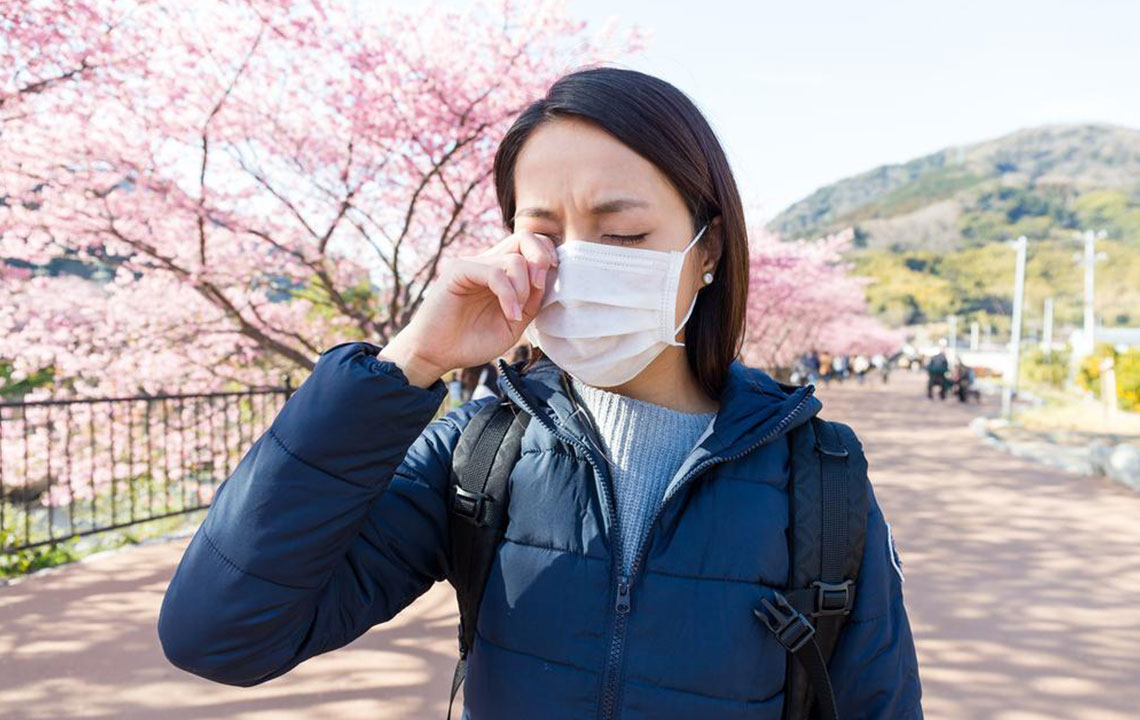Common Allergy Types and Effective Management Strategies
Explore common allergy types, their symptoms, and effective treatment options. This guide helps identify allergies like dust, pollen, insect bites, food, and pet allergies, emphasizing timely and proper management to avoid severe health issues.

Common Allergy Varieties and Their Remedies
Allergies are widespread and can differ based on various environmental and individual factors. However, several common allergies appear frequently in day-to-day life. Fortunately, managing these allergies is straightforward, and concerns are often minimal. The key lies in accurately identifying the allergy type and employing appropriate treatment methods. Here are some prevalent allergies and their recommended remedies.
Dust and pollen sensitivity: This is the most typical allergy, especially in environments with high dust levels. Children are particularly vulnerable.
Symptoms include skin rashes, sneezing, and coughing. Pollen allergies exhibit similar signs. Home remedies like steam inhalation and honey can provide relief, but due to frequent recurrence, preventive measures are recommended.
Insect bite allergies: These cause skin rashes and small swellings at bite sites. They can often be treated at home or with over-the-counter allergy medications.
Food allergies: Typically triggered by dairy products or nuts, these require medical diagnosis. Consulting a doctor helps determine the allergy level and ensures the right medication and dosage are prescribed.
The main symptoms include skin irritation and throat discomfort.
Pet allergies: Sensitive individuals may develop rashes, itching, or sneezing when exposed to pet hair. OTC allergy drugs can help, along with minimizing contact with pets.
Many other allergies exist due to diverse causes. If left untreated, they can lead to severe reactions, even life-threatening situations. Proper and timely treatment is crucial, and caution must be exercised to prevent complications.










